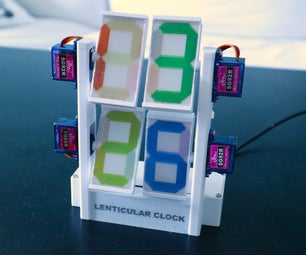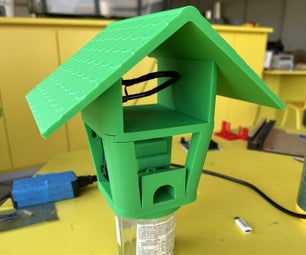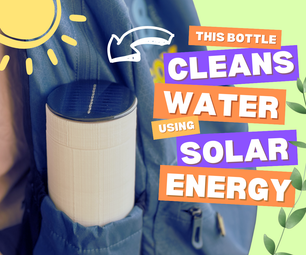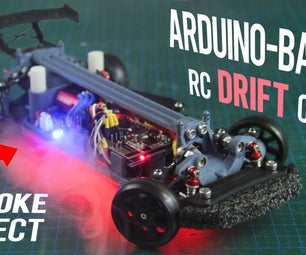Introduction: High Voltage Transformer
Hello everybody, how do you do? This is project How-ToDo, my name is Konstantin and today I'll make a high voltage transformer. I really like experiments with high voltage, for some of them I need AC power supply but industry unfortunately, mainly offers transformers with built-in multipliers after which we have DC, people who lives in Europe can find transformers without multiplayers from old Soviet TV. For me the only way left is to make secondary coil by myself.
Step 1: Multi Section Bobbin
You can find good ferrite core in old TV, I'm using core from CO2 laser power supply. There are lots of videos on YouTube where people show how to make a secondary coil, one dude makes 10 layers of tape after each layer of coil, the other says you need to boil the paper in paraffin, the third says that it isn't good enough and you have to use a PVF film, there are many ways to make a high voltage transformer, and I'm pretty sure most of them are working well, but if you are lazy like me, you'll become sick just from one thought of winding at least one thousand turns turn to turn and insolait it after each layer. Fortunately we have an alternative - Multi Section Bobbin, the idea is that in the place of the layers here sections in the frame, which are filled with a wire, you can wind in bulk, a little less efficient - but very simple. I made a 12 section bobbin to the size of my core and print it on 3d printer with PLA filament, filling is 100%.
Step 2: Winding Transformer
Clean supports with tiny file. I'm using 36 gauge enameled copper wire, and solder regular stranded wire to the and, of course better to use special silicone wire, but I don't have it. Additionally I put a heat shrink tube, make one turn on the first section and fill the enamel wire in next 10 sections, approximately 150 turns in each and 1500 in total, and solder wire to the other side.
Step 3: Filling With Epoxy Resin
After winding is done, we need to isolate the coil with an epoxy resin, I tried to make a mold with paper and tape, but it didn't work well. So I print this kind of a cup, make holes for output wires and sealed it with hot glue. Pour the epoxy with a little bit extra, it will shrink when dry. This time it works much better. Also it would be good to put the mold into a vacuum chamber, but I don't have it, so there are few small air bubbles inside. After coil was dry I grind it where it necessary to fit the core.
Step 4: Final
You can you use popular circuits to power this transformer such as ZVS driver or circuit on 555 timer, I made my own driver on arduino, because I need to control the frequency, if you interested I can make a video about it. Only one thing I don't like about this transformer is ionization near to the core, next time need to make walls a little bit thicker. And that's all I got for today, hope you like it, see you soon!
Find me on social media:











